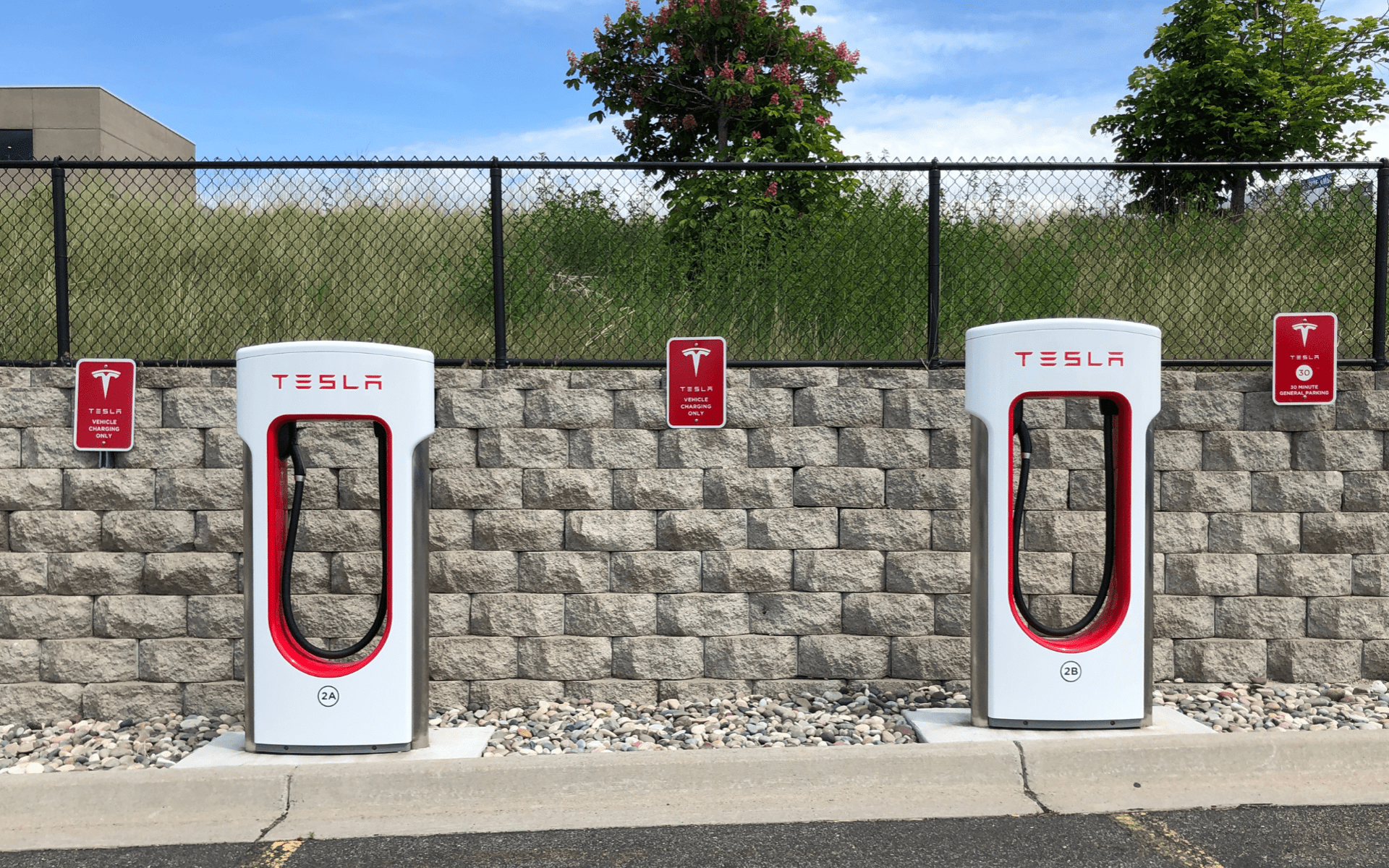Students at the George Washington University Law School pursuing an independent research project performed legal research; scoured government websites; contacted government agencies, law firms, and nonprofits; and submitted Freedom of Information Act (FOIA) requests in order to find documents relating to the DC Environmental Policy Act (DC EPA). The culmination of their efforts are detailed in this white paper and the attached appendices. This paper will introduce the DC EPA, its provisions, legislative history, and case law; overview the requirements of the environmental review process, including opportunities for public involvement and public access to information; compare the DC EPA with NEPA; and highlight areas for reform that could bolster the efficacy of the DC EPA.
Continue reading “White Paper on the Lack of Enforceability and Public Participation in the DC Environmental Policy Act”Clean Air Act § 303 Coming into the Limelight
Part 1: Legislative History and a Recounting of § 303 Uses
By Johanna Adashek
The Clean Air Act contains what can be considered an “Emergency Provision” or a “Substantial Endangerment Provision” that provides EPA with the authority to unilaterally issue orders to polluters substantially endangering the public health, welfare, or the environment. This broad and versatile power, while not frequently used, has demonstrated the potential to combat ongoing or imminent hazards from further harming the public or the environment. This post will review the legislative history of § 303 beginning with the emergency provision in the Air Quality Act of 1967 to the Clean Air Act of 1970 and two subsequent Clean Air Act amendments. After detailing how Congress has strengthened the emergency provision in Clean Air Act § 303, this post will then recount EPA’s use of § 303 over the past half century.
Continue reading “Clean Air Act § 303 Coming into the Limelight “Tesla and Greenwashing
By Maria LeLourec
Tesla’s Eco-Friendly Claims: Fact or Fiction?
Led by its CEO, Elon Musk, Tesla Inc. has garnered widespread acclaim for its role in revolutionizing the electric vehicle (EV) industry and promoting renewable energy, the reduction of carbon emissions, and a more sustainable future.[1] The company’s eco-friendly image, however, is belied by accusations of greenwashing, with critics arguing that Tesla has exaggerated its environmental achievements to enhance its public image.[2]
Continue reading “Tesla and Greenwashing “New GW Alliance Addressing Climate Change and Sustainability Brings Change to GW Law’s Energy Program
President Granberg’s inaugural address on November 4, 2023 foretold “a revolutionary next step in how our students and faculty conduct and develop innovative research, advocacy, and coursework in sustainability.” That step, the founding of The GWU Alliance for a Sustainable Future was officially announced in GW Today on November 15. The GW Alliance for a Sustainable Future is a big, bold, university-wide initiative that will bring together all members of the GW community who support climate change and sustainability work, forming a powerful strategic alliance of research institutes, academic programs, organizations, and individuals dedicated to the shared mission of combating climate change and promoting healthy and thriving resource systems for all. Under one GW banner, the Alliance will amplify GW’s commitment to climate and sustainability work and increase its global impact.
Continue reading “New GW Alliance Addressing Climate Change and Sustainability Brings Change to GW Law’s Energy Program”The Second Annual J.B. and Maurice C. Shapiro Distinguished Lecture on Global Climate Change and Energy Law
By Claudia Delgado
On October 26, 2023, GW Law’s Environmental and Energy Law Program hosted its second annual J.B. and Maurice C. Shapiro Distinguished Lecture on Global Climate Change and Energy Law. This lecture celebrates the vision and leadership of Professor Arnold Reitze, who founded and directed GW Law’s Environmental and Energy Law Program from 1970-2008. The Shapiro Distinguished Lecture brings globally recognized environmental experts to Washington D.C. to address cutting-edge issues on climate change and energy law.
Continue reading “The Second Annual J.B. and Maurice C. Shapiro Distinguished Lecture on Global Climate Change and Energy Law”




